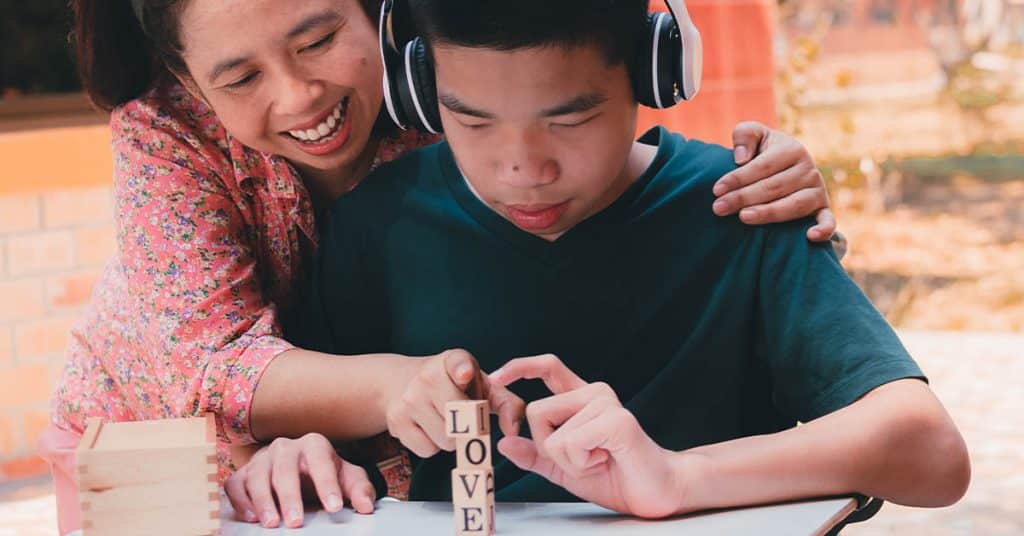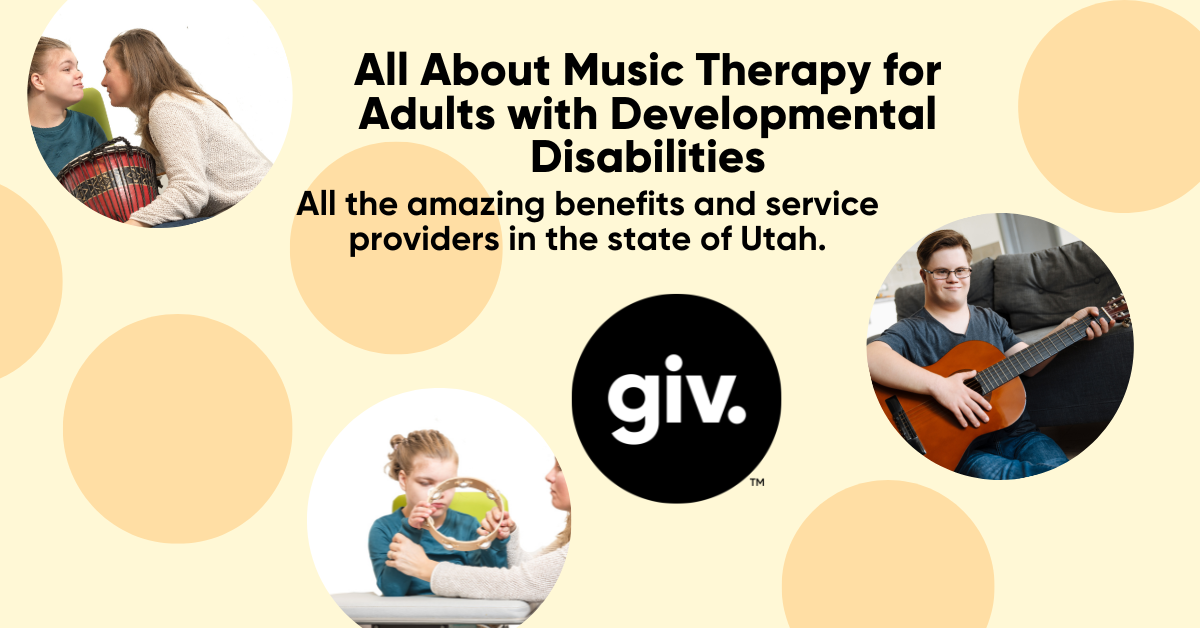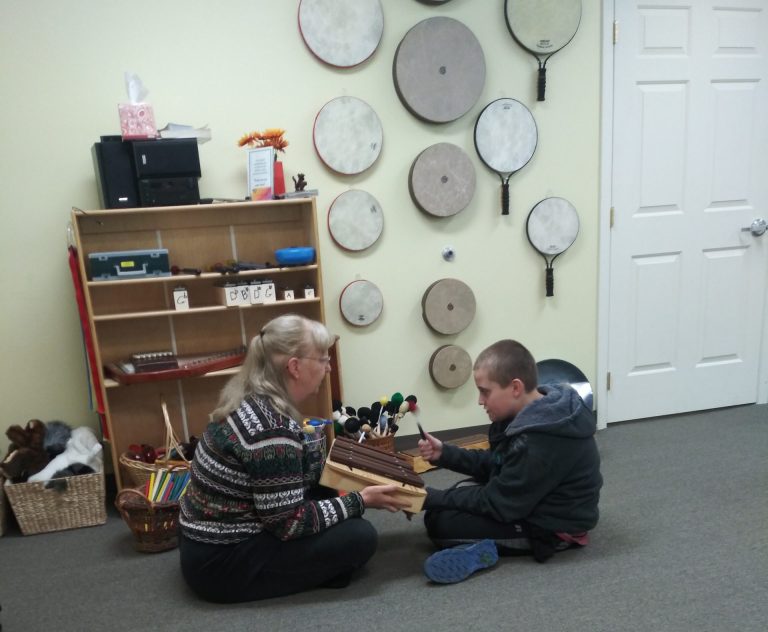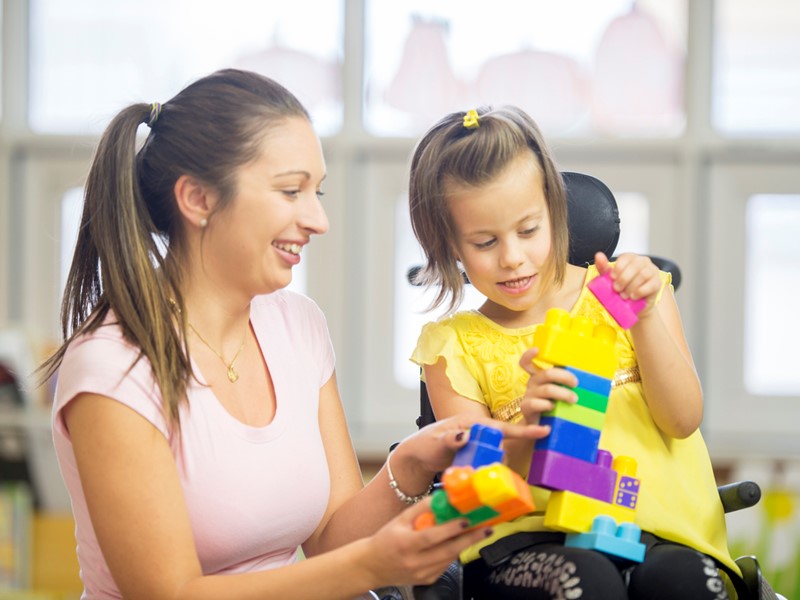
The Role of Occupational Therapy for People With Intellectual & Developmental Disabilities (IDD
Developmental disabilities mental health services (DDMHS) provides specialized mental health community services for ages 12 and over who live with co-existing intellectual disabilities and a mental illness. The person may also struggle with behavioural challenges.

Understanding Developmental Disability Buddhi Clinic
People with intellectual and developmental disabilities (IDD) are living longer than ever before. This is a testament to many factors, including the efforts of dedicated, caring, and skilled family physicians and caregivers.. These include physical and occupational therapy, behavioural interventions, psychogeriatric counseling, social.

What Is a Developmental Disability? RISE Services Inc.
Adult Protective Service Worker. The Adult Protective Service Worker ( APSW) program supports adults with a developmental disability who are living on their own. The goal of the program is to help you live as independently, safely and securely as possible in your community. An APSW works directly with you to help you find and maintain supports.

Music Therapy for Adults with Developmental Disabilities
Acceptance and Commitment Therapy. ACT is a form of contextual cognitive behavior therapy (Twohig 2012) that applies the theory and philosophy of behavioral science to a wide variety of psychopathologies (Hayes et al. 2013).ACT assumes that many human struggles and problematic behaviors are products of our language abilities (Hayes et al. 2012) and assumes that language is a product of.

Music Therapy for Adults with Developmental Disabilities BLOG
In Intellectual and Developmental Disabilities: Screening Diagnosis Diagnosing Autism Spectrum Disorders Diagnosing Psychiatric Disorders in People with IDD Diagnostic Framework for Understanding Behaviours that Challenge Preventing Mental Health Problems and Making a Psychiatric Diagnosis Treatment Psychological Therapy Resources References

Developmental Disabilities Program Sheltering Arms®
Our Behaviour Therapy team helps people with developmental disabilities across the lifespan to develop meaningful skills and reduce challenging behaviours at home or in the community. In partnership with the children and adults we serve and their caregivers, we focus on person-centred service delivery, identifying meaningful goals, prevention and skill-building for daily life.

Disabled people learn life skills through Aurora agency
Child Therapy for Developmental Disabilities—Help and Support at TherapyLand When you have a child that is struggling in any area, your concern and worry can consume your life. We love our children more than we could have ever imagined before they came into our lives. We would do anything to help them.

Arizona Therapy for Developmental Disabilities RISE Services
A strengths-based approach, however, suggests that features of disability represent natural differences and that developmental disabilities give people unique strengths that are important to their identity.2 To emphasize this concept, it is important to use strengths-based language rather than deficit-based language.

Developmental Disability Services Building Bridges To Independence LLC
Still, the broader framework of cognitive behavioral therapy and other treatment regimens apply for adults diagnosed with autism, Down syndrome, and other types of IDD, said Neitzke, also an assistant professor in the Department of Psychology at the University of Nebraska Medical Center.

Developmental Disabilities Services Families Helping Families of Greater New Orleans
Development disabilities refer to a group of conditions that are present at birth and that impact intellectual abilities, physical abilities, language, and behavior. These disabilities are usually identified in childhood and affect a person throughout their lives.

Behavior Modification St. Madeleine Sophie's Center Serving Adults with Developmental
Adults 16 years and older with a documented diagnosis of an intellectual disability and/or autism presenting with mental health concerns or behaviors that challenge such as severe aggression, self-injurious behaviours (SIB) or severe persistent repetitive behaviours. Adults seeking diagnostic clarification for autism Catchment area:

SEL & why it matters Developmentally disabled activities, Social skills activities, Disability
When children in Ontario begin school, almost 30 per cent have at least one developmental vulnerability that could affect their lifelong health, learning and behaviour. Special needs can include, but are not limited to, communication disorders, physical disabilities, developmental disabilities, acquired brain injuries, and chronic and/or long-term medical conditions.

Treatment Needs of Individuals with Intellectual and Developmental Disabilities Welligent
Intellectual and developmental disabilities are more common than you may realize. Folks with intellectual disabilities might experience differences in strengths and support needs that affect daily functioning in two areas: intellectual functioning such as learning, problem solving, judgment; and adaptive functioning, such as communication and independent living. These differences are often.

Developmental Disabilities & Music Therapy The Center for Music Therapy
Objective To provide primary care physicians with an understanding of the causes of behaviours that challenge (BTC) in adults with intellectual and developmental disabilities (IDD), as presented in the 2018 Canadian consensus guidelines for primary care of adults with IDD; to offer a systematic approach to the assessment and treatment of such behaviours; and to link to tools to support these.

Occupational Therapy Connections Therapy
People with developmental disabilities often do not have the chance to make their own choices because others wrongly assume they are not able to do so. Therapists can help clients with disabilities gain confidence in their own decision-making abilities. One way to do this is by giving them chances to experience it in therapy.

Developmental Disabilities Agency FCMC
Cerebral palsy is a group of disorders that affect a person's ability to move and maintain balance and posture. They are the most common motor disability in childhood. [1] Intellectual disability or mental retardation, is defined as assessed to have an IQ below 70, along with limitations in adaptive functioning and onset before the age of 18 years.